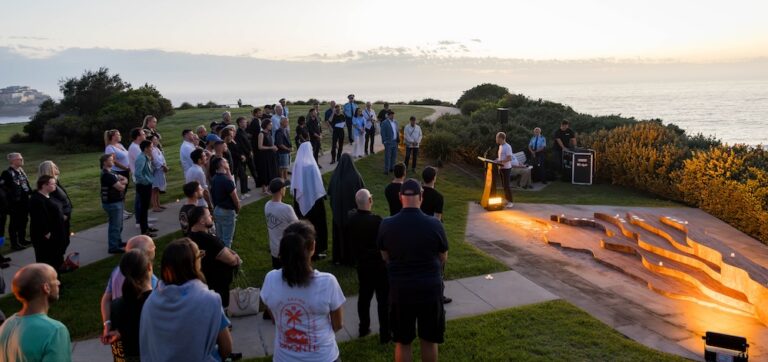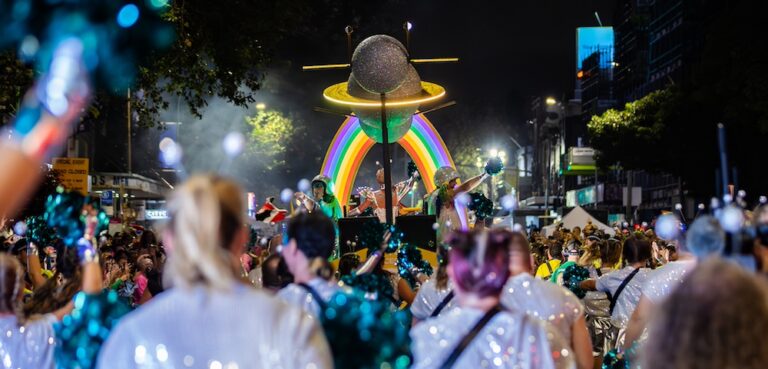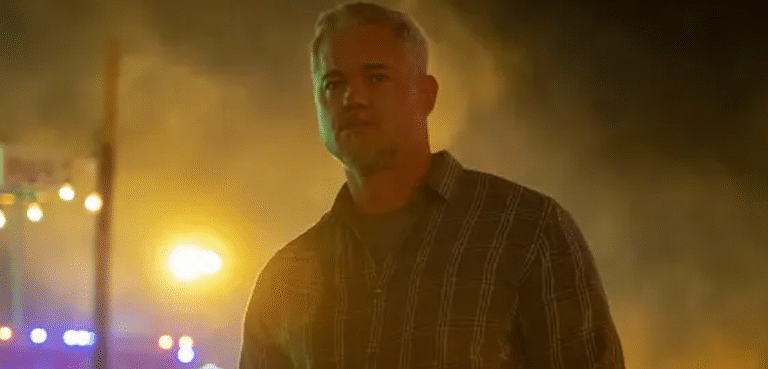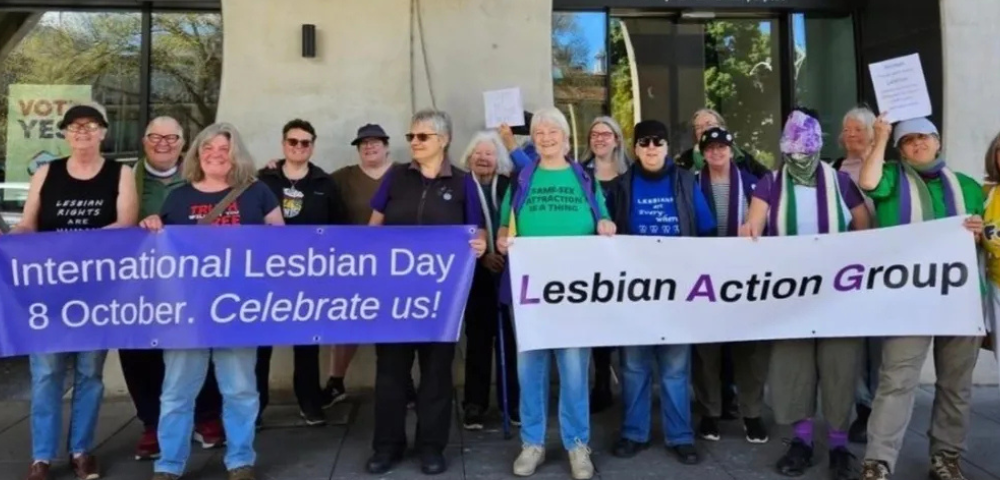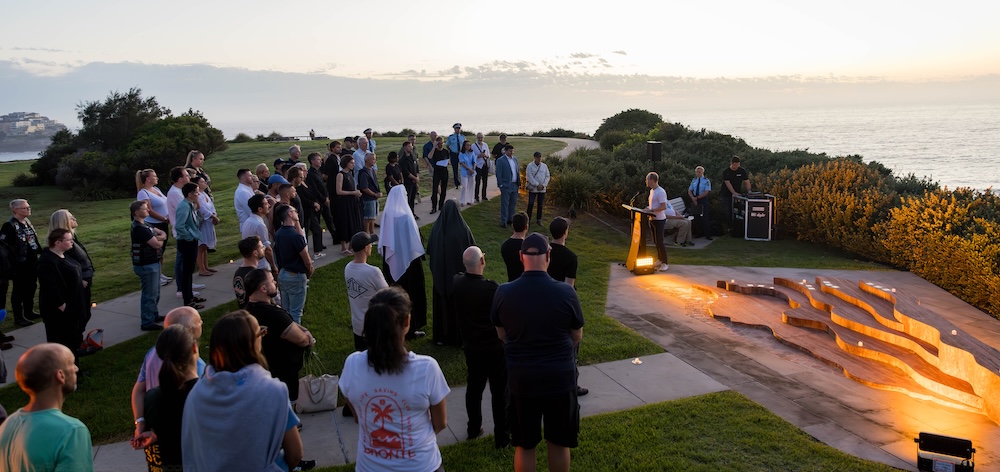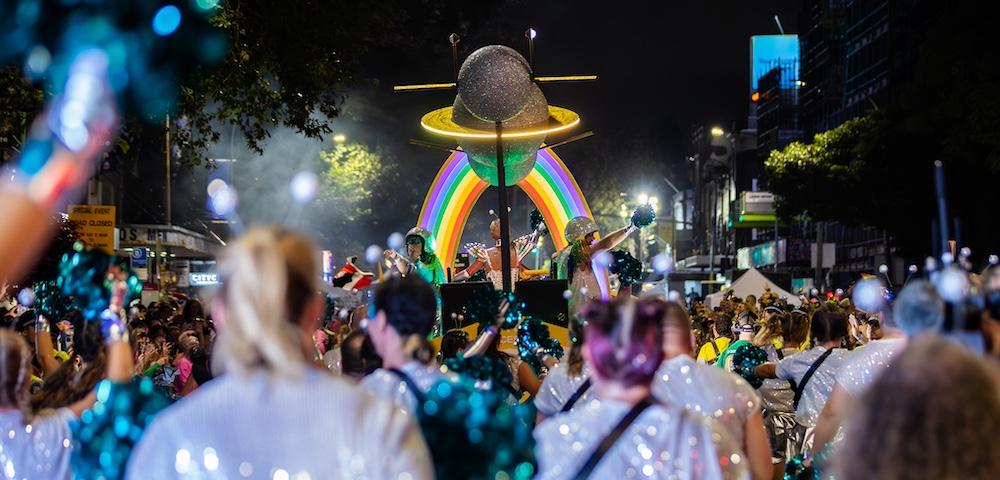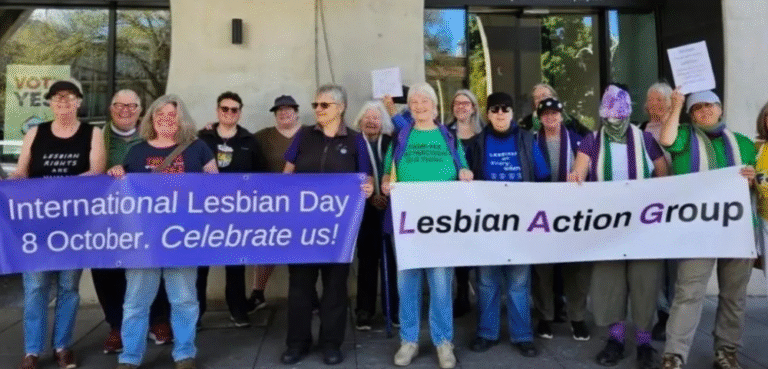
LGBT People Nine Times More Likely To Be Victims Of Hate Crimes

LGBTQI people have been found to be nine times more likely than non-LGBT people to be victims of violent hate crimes, according to a new study by the Williams Institute at UCLA School of Law.
Approximately one out of 10 violent victimisations against LGBTQI people are hate crimes.
The report, “Hate crimes against LGBT people: National Crime Victimization Survey, 2017-2019” aimed to understand the rates of hate crimes among members of the community who are vulnerable and the harms that are associated with them.
Hate Crime Laws Have Led To Better Data
The report also noted that the hate crime laws, which have mandated identification and tracking of crimes, have allowed further investigation into “prejudice-motivated violence against LGBT communities” than previous studies.
Researchers analysed hate crime data from the 2017-2019 National Crime Victimization Survey, the first nationally representative and comprehensive criminal victimization data to include information on the sexual orientation and gender identity of respondents.
The Hate Crimes Statistics Act of 1990 defines a hate crime as “crimes that manifest evidence of prejudice based on race, religion, sexual orientation, or ethnicity”. Researchers largely followed the Bureau of Justice Statistics (BJS) definition of a hate crime, while focusing their analysis on victimisations that were motivated by bias and involved “hate language, hate symbols, or some confirmation by police as evidence that the incident was a hate crime.”
Key findings from the study reported that LGBTQI violent hate crime victims (85%) are more likely to report that the bias motivation was gender or sexuality, compared to 25% of non-LGBTQI violent hate crime victims.
Researchers also found that the majority of LGBTQI violent hate crime victims are women (61%), and the majority of offenders are male (74%). LGBTQI victims of violent hate crimes are about five times more likely than LGBT victims of other types of violent crimes to feel angry, violated, and unsafe. They are four times more likely to feel anxious, sad, or depressed, as a result of the victimization.
Broader Implications For Findings
The study referenced previous studies that found that LGBTQI people, particularly transgender persons, and bisexual women, are more likely to be victims of personal and property crimes. They reported that their findings demonstrated that some of these experiences were “rooted in bias-motivated hate” which “heightens the harms and consequences for both direct victims and their community.”
Researchers emphasised the need for an expansion of collection efforts by the National Crime Victimisation Survey (NCVS) and other federal data collection efforts in order to understand the “characteristics and harms of bias-motivated violence, discrimination, and criminal victimisation risk and perpetration.”
